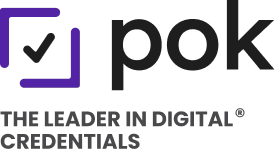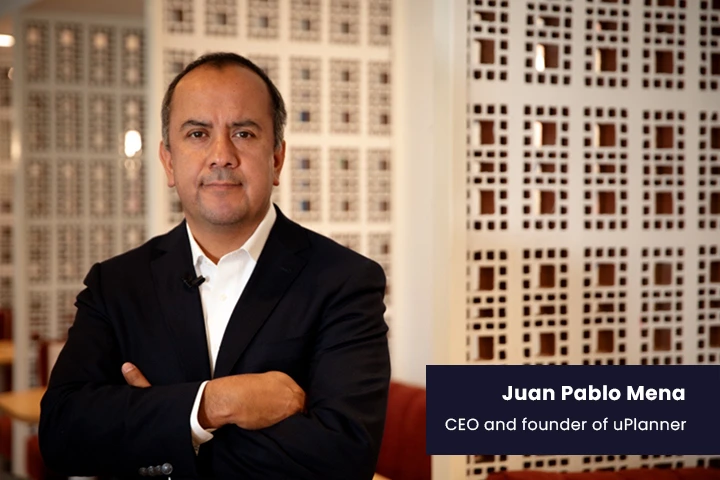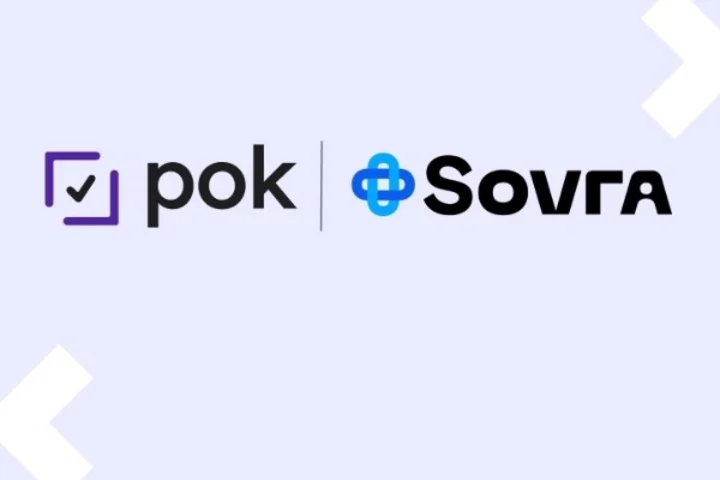Introduction
uPlanner has established itself as one of the most influential EdTech companies in Latin America, with a presence in dozens of universities and projects aimed at transforming educational management through data, artificial intelligence, and advanced analytics.
In this interview, Guido Grinbaum (founder of POK) speaks with Juan Pablo Mena (CEO and founder of uPlanner) about the origin of uPlanner, its purpose, the challenges of education in the region, and the company’s vision for the future.
Guido Grinbaum: Juan Pablo, to begin, tell us how uPlanner was born?
Juan Pablo Mena: uPlanner was born from a personal conviction and from a problem I saw everywhere: universities were making critical decisions without solid data. Management was intuitive and fragmented, leading to enormous inefficiencies. I decided to create a platform that would put data intelligence at the service of higher education, with the goal of improving academic planning, resource utilization, and ultimately, the student experience.
Guido: What is the core purpose that guides uPlanner today?
Juan Pablo: Our purpose remains the same: helping universities make better decisions based on reliable data. But today we go beyond planning — we work on predictive analytics, student retention models, employability, and lifelong learning. We want every institution that works with us to become more efficient, more innovative, and fairer to its students.
Guido: How would you describe the impact uPlanner has had on higher education in Latin America?
Juan Pablo: In numbers, we’ve worked with more than 150 universities in the region, impacting millions of students. But the most important thing is the cultural change: today many institutions no longer make decisions “blindly.” They use dashboards, KPIs, and advanced analytics to decide how to allocate professors, structure programs, and support at-risk students. That shift in mindset is, for me, the greatest achievement.
Guido: What do you see as the main challenges for higher education in the region?
Juan Pablo: I would say three:
- Access and equity: There are still huge gaps, especially in rural areas and vulnerable populations.
- Quality and relevance: Training professionals with the skills truly needed by the labor market.
- Digital transformation: Not just digitizing processes but rethinking the teaching-learning model to make it more flexible, personalized, and inclusive.
Guido: How do you see the future of uPlanner in that context?
Juan Pablo: I see uPlanner as a strategic partner for universities, not just a technology provider. We want to continue growing in Latin America but also expand into other regions facing similar challenges. And with tools like UAssessment, we want to be at the heart of the educational process — measuring competencies, validating learning, and building trust across the entire ecosystem.
Conclusion
uPlanner is not just a technology platform: it’s a commitment to a fairer, more efficient, and evidence-based education. Juan Pablo Mena’s vision combines innovation with social purpose and makes it clear why uPlanner is a benchmark in the global EdTech ecosystem.




